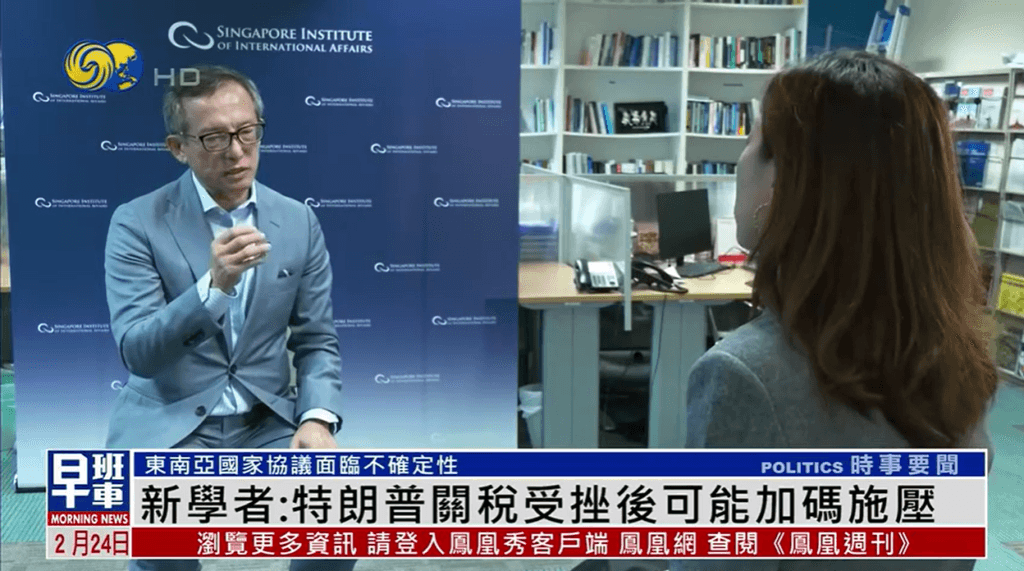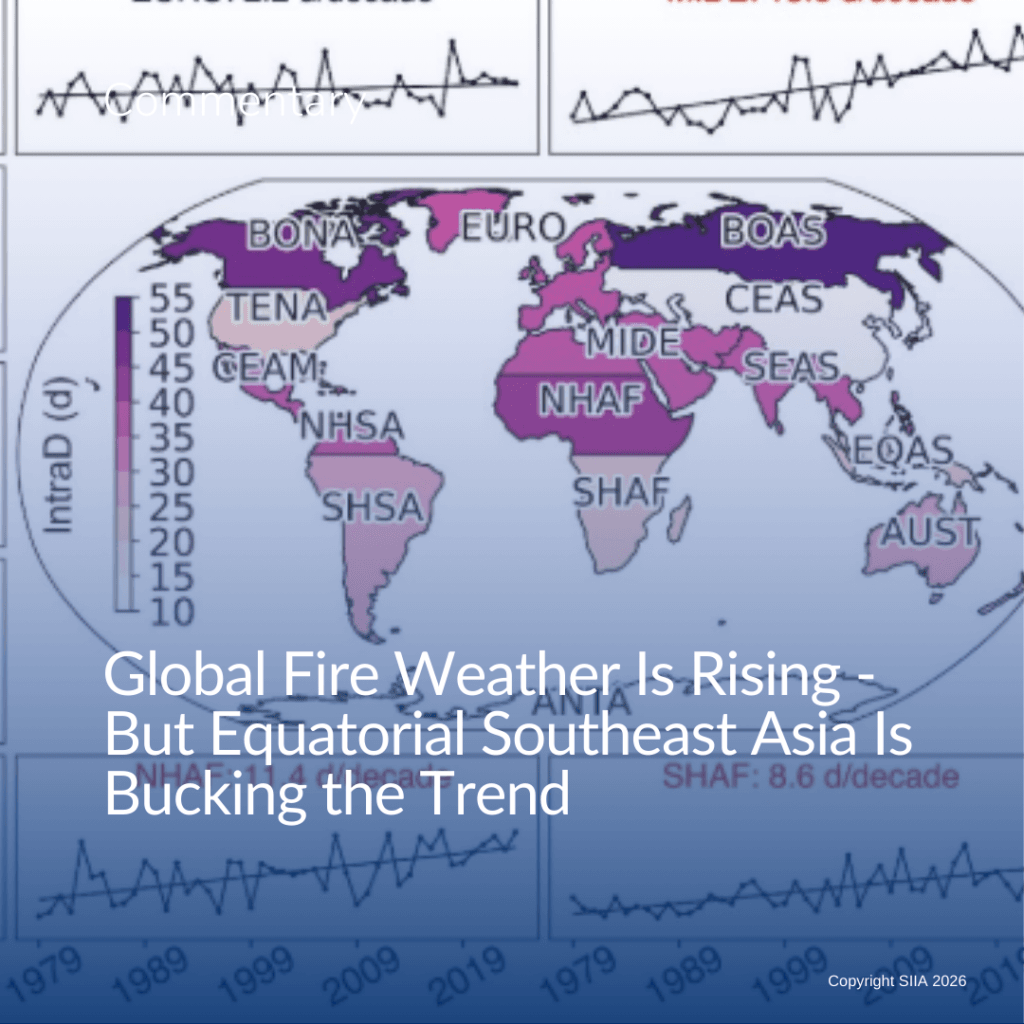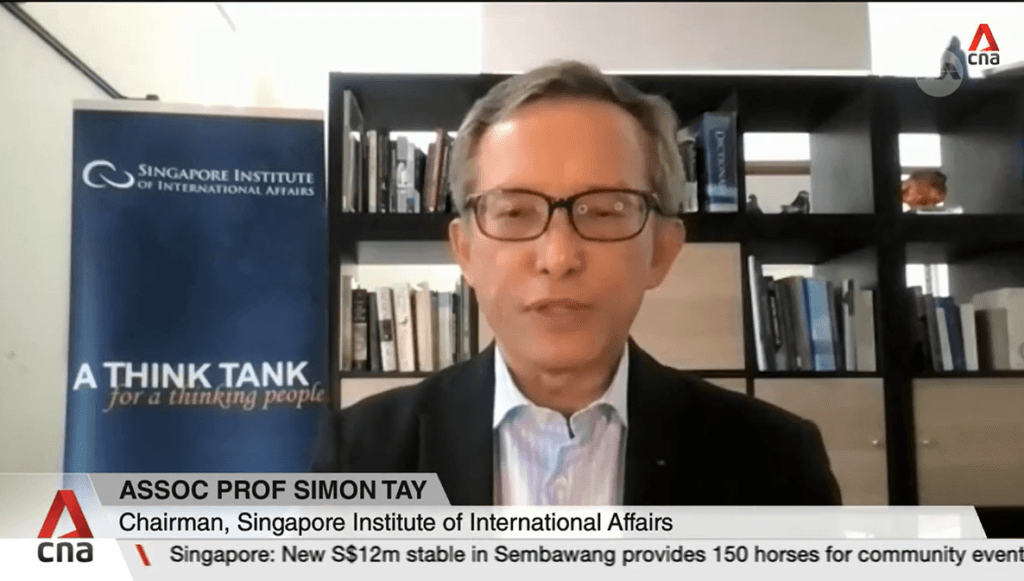Decoupling has become common parlance, voiced amidst the tensions of Sino-American contestation. Policies by the Biden administration seek to shift the global system of supply chains away from China, and already have some impacts on countries and companies. Taiwan would appear to be the prime candidate.
Viewed by mainland China as a “renegade province”, the island played host in August 2022 to the then US House Speaker Nancy Pelosi. In response, the People’s Liberation Army has shown off its increasing military capability, while the United States reiterated promises to assist the island to defend itself. Some American experts and officials suggest invasion could be imminent.
An outsider might conclude Taiwan has little choice but to side with the United States. Yes, there are some voices that call for independence, and count on American support and protection. However, during a recent visit, I found views within the island are more complex and nuanced, in both business and politics.
Ringing the Alarm Bells
In Taipei, the administration of Tsai Ing-wen is very aware of the rising concern about China’s intentions. The president herself personally drew a parallel to the war in Ukraine as a warning. Playing the democratic card, much effort is being made to step up ties with the US, Japan and Europe, including smaller countries like Estonia and Lithuania.
The administration does respond to “incursions” in the skies and on the sea, and will increase the length of national service from the current requirement of merely four months. More and upgraded military equipment will be bought.
However, most Taiwanese are less alarmist about actual conflict and invasion in the near term. Experts and officials are moreover at pains to say it is not their intention to provoke China. This reflects public opinion.
Opinion polls, run after the Nancy Pelosi visit, consistently show that less than 25 per cent were concerned about conflict. Ringing alarm bells about China did not help the Democratic Progressive Party (DPP) candidates in the 2022 local elections. As national elections loom for early 2024, the sense is that candidates from both parties will steer towards the centre on cross-Straits issues. No mainstream candidate will openly push for independence.
What about business and investment?
De-risking, no uprooting
There is a notable shift in the size and weight of Taiwan’s investments and manufacturing supply chains in China. But this was from a very high level – estimates of past years were as much as 80 per cent. When the Taiwanese were investing and grew nodes in the electronics cluster across Southern China, the joke at the time was that if you threw five stones in those cities, you would hit four Taiwanese operations.
So while the recent shift is real, this is more a rebalancing, not uprooting. The Economic Cooperation Framework Agreement agreed during the Ma administration with Beijing remains in force and considerable business continues to connect the island to the mainland. It is estimated that around one-third of Taiwan’s new outward investment still goes across the Straits.
In part this is because no full alternative to China has been presented. More Taiwanese businesses have been building up production capacities back into the country, with incentives and government support. However, the conditions of the domestic economy and the pool of skilled talent are insufficient to support much more expansion.
Additionally, the Tsai administration has since 2016 talked up a New Southbound Policy to engage others in Asia. This has prioritised Vietnam and the Philippines and included exploring India, to try to strike a better balance. Investment and trade numbers southbound have increased somewhat. Some – including more family-owned businesses – are using Singapore as a regional base.
But not so many or so much. In toto, even amidst the political tensions, the shifts seem quite rational, rather than a nervous over-reaction. Taiwanese businesses are diversifying and de-risking reliance on China but few embrace US-led decoupling.
When the chips are down
The decoupling push has so far focused on electronic chips, where Taiwan is the world’s leader. The Biden administration has legally mandated that the advanced chips – used for mobile phone and other high tech electronic devices – cannot be shared or sold to China. Nor can the equipment and technology to make such chips. The Americans have also successfully wooed the Taiwan Semiconductor Manufacturing Company (TSMC) to set up a new facility in Arizona.
While this is talked up by the Biden administration as a victory for homeshoring in America, there are sceptical voices in Taiwan. Many do not see that the US facility can be fully competitive in quality and cost, especially without more know-how from Taiwan. They express concerns that the American actions will raise costs and stress supply chains. The sector is turbulent and when the demand for chips is down, this can turn negative.
Taiwanese chipmakers will of course comply with the new American rules – both the politics and the long reach of American law offer no choice. They may also venture elsewhere, with TSMC exploring Japan and Europe, and some others looking south to Asean and Singapore.
But more broadly, many businesses in Taiwan still look to China, believing that growth prospects there remain huge. More than talk of war and invasion, what they are looking for is how the Xi administration will prioritise economic growth and be more consistent and market-based for regulatory action. Rather than choosing between the US and China, some in Taiwan wish to continue to deal with the mainland where possible, without being cowed. At the same time, they will want to engage more with Europeans and the USA – but without being owned.
The prospect of a decoupled world runs in tension with the hopes of a small island to prosper and be part of global supply chains. In that respect, despite all the special sound and fury of cross-Straits tensions, the calculations for those in Taiwan are not unlike those faced by others in Asia.
Simon Tay is chairman of the Singapore Institute of International Affairs (SIIA) and associate professor with the National University of Singapore Faculty of Law.
This article is part of a series of SIIA column on “The Politics that Matter to Business” for The Business Times. It was first published on 8 February 2023.




